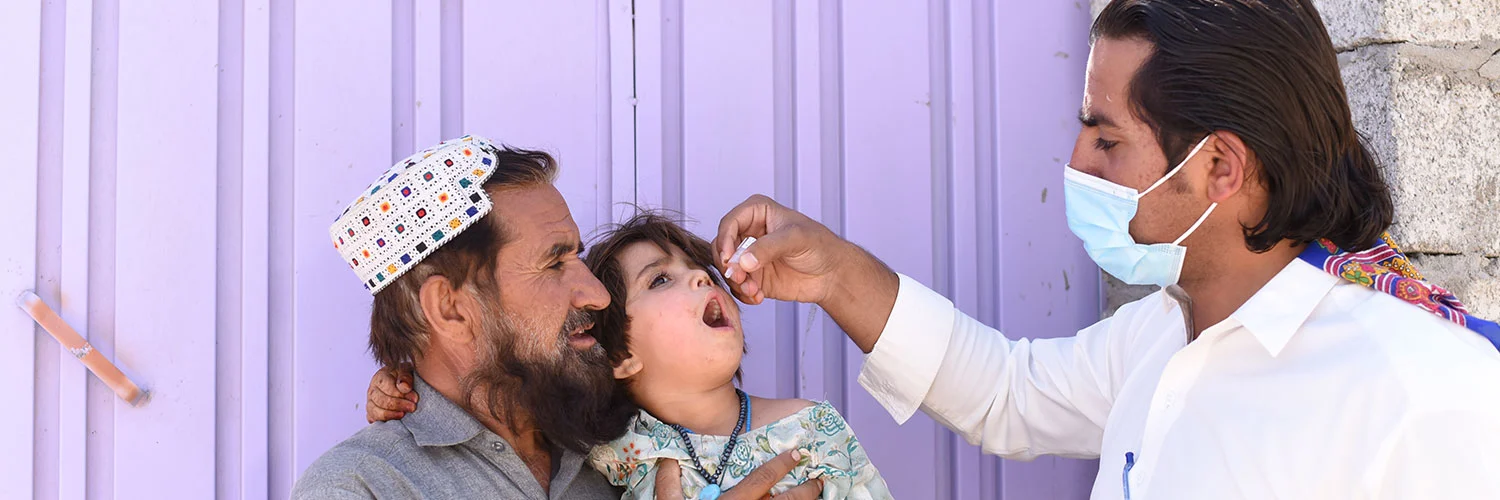By Saqib Mughal
The National Islamic Advisory Group (NIAG), the body established to support polio eradication and expanded program on Immunization (EPI) in Pakistan, met on Saturday 19 November 2016 to discuss their ongoing support to ending polio.
NIAG members all expressed that their intent to continue with focused support for polio eradication, but to look for the opportunities to support other child and maternal health initiatives in Pakistan.
NIAG was formed in June 2013 on the recommendations of Islamic Advisory Group (IAG) during their meeting of March in the same year in Cairo, Egypt. Under the auspices of NIAG Pakistan organized international Ulama conference in June 2014 to support Vaccination. The body is seen to be vital in guiding the religious leaders of communities across Pakistan on the importance of vaccination, which would in turn help to remove misconceptions about polio campaigns and to build trust among their communities.
One of the more recent initiatives of the NIAG has been to expand female representatives. The inclusion of Ms. Samia Raheel Qazi and Ms Zahida Bashir, the only two female representatives of NIAG, is a further step in building trust among the communities. Ms. Samia Raheel Qazi said “we need help of community influential, religious leaders specifically females to eradicate polio from our society.” She further added, “Mother and child could not be separated from each other and we cannot vaccinate children unless and until their mothers are willing for vaccination”.
Maulana Hanif Jallandhri who is among founding members of NIAG also welcomed inclusion of the female NIAG members and termed this as a great leap towards efforts of polio eradication in Pakistan. He said, “Women form more than fifty percent of total population of Pakistan and inclusion of women in programmes like polio eradication where mothers are at the epicenter is important.”
The voice of religious support through Religious Support Persons (RSPs) and the Provincial Scholars Task Force (PSTF) has been instrumental in helping to bring down the number of refusals in high risk districts. It is hoped that the inclusion of female representation in the NIAG will also help in bridging the gap between mothers and vaccinators and will build trust in the communities.
“We are really thankful that Ms. Samia Raheel Qazi accepted our request to join NIAG as its member and we hope that it will help the programme to bring down refusals and will build trust among communities” Dr. Azam, High Risk Coordinator of the programme confidently opined. He further said, “The results of steps taken to build trust and bring down number of refusals are very encouraging and similar steps will further help to achieve programme goals.”

